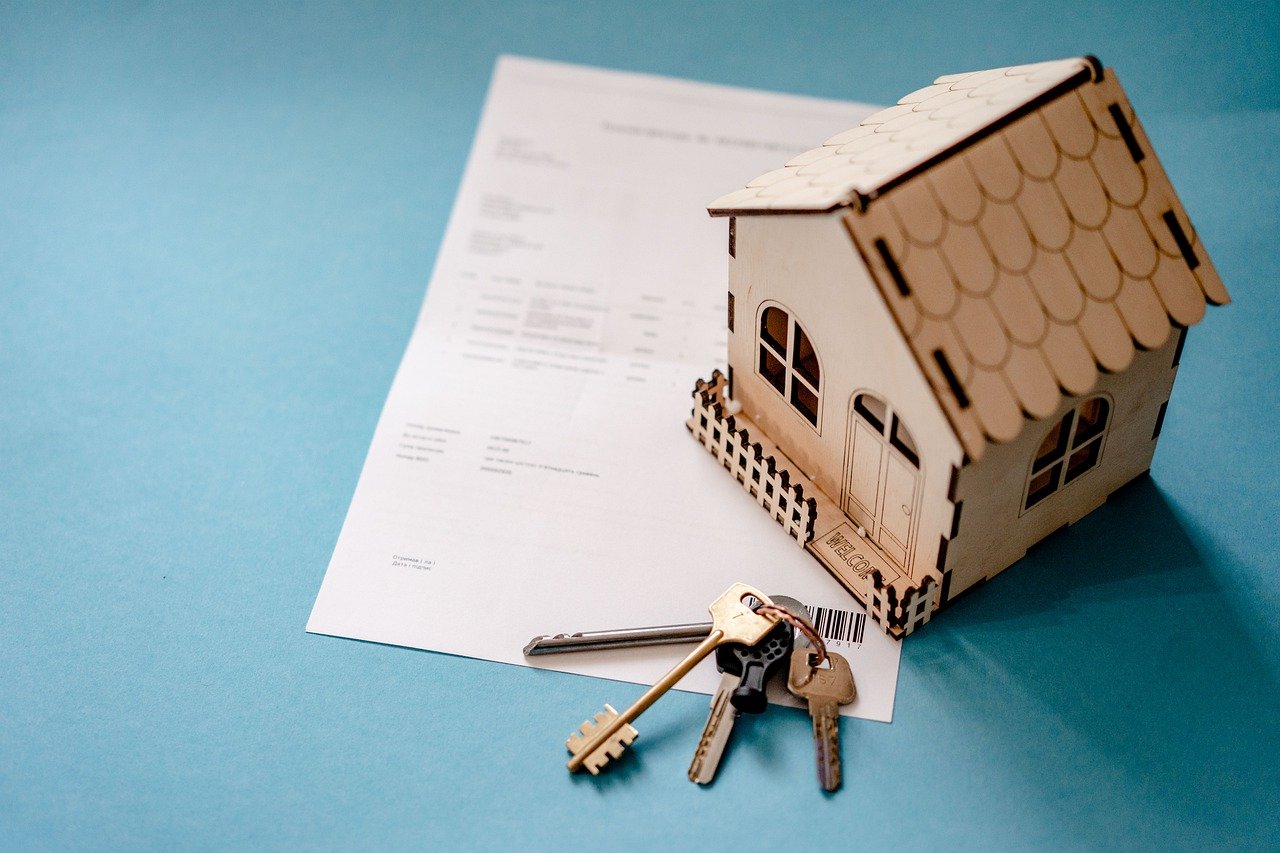Are you considering refinancing your mortgage loan? If so, it’s essential to know what to expect. There are many things to think about before you refinance, and it’s vital to make sure you’re making the right decision for your financial future. In this blog post, we will discuss some key things to keep in mind before refinancing your mortgage loan. We’ll also provide tips to help you make the best decision for your needs. Also, you may wonder, “Sell or Remodel: What’s Best During Inflation?” You can read more to determine the direction to take depending on your goals and situation.
Know Your Homes Equity
 Before you begin the refinancing process, you must know your home equity. Home-equity is that difference between the amount you still owe on your mortgage loan and your home’s value. You can calculate your home equity by subtracting the balance of your mortgage loan from your home’s appraised value. If you have a lot of equity in your home, you may be able to get a lower interest rate on your new mortgage loan.
Before you begin the refinancing process, you must know your home equity. Home-equity is that difference between the amount you still owe on your mortgage loan and your home’s value. You can calculate your home equity by subtracting the balance of your mortgage loan from your home’s appraised value. If you have a lot of equity in your home, you may be able to get a lower interest rate on your new mortgage loan.
Consider Cost of Refinancing
 Another vital thing to keep in mind is the cost of refinancing. You will have to pay closing costs when you refinance your mortgage loan. These costs include appraisal fees, title insurance, and origination fees. You may also have to pay for private mortgage insurance if you have less than 20% equity in your home. The cost of refinancing can vary depending on the lender you choose and the type of loan you get. Be sure to compare offers from multiple lenders to find the best deal.
Another vital thing to keep in mind is the cost of refinancing. You will have to pay closing costs when you refinance your mortgage loan. These costs include appraisal fees, title insurance, and origination fees. You may also have to pay for private mortgage insurance if you have less than 20% equity in your home. The cost of refinancing can vary depending on the lender you choose and the type of loan you get. Be sure to compare offers from multiple lenders to find the best deal.
Establish Your Credit Score
 Your credit score is a critical factor that lenders consider when you apply to refinance your loan. Your credit score is a measure of your creditworthiness, used to decide whether or not you can get a loan and what interest rate you will pay. If you have a high credit score, you’re more likely to be approved for a loan, and you may qualify for a lower interest rate. If you have a low credit score, you may still be able to get a loan, but you may have to pay a higher interest rate.
Your credit score is a critical factor that lenders consider when you apply to refinance your loan. Your credit score is a measure of your creditworthiness, used to decide whether or not you can get a loan and what interest rate you will pay. If you have a high credit score, you’re more likely to be approved for a loan, and you may qualify for a lower interest rate. If you have a low credit score, you may still be able to get a loan, but you may have to pay a higher interest rate.
Refinancing your mortgage loan can be a great way to save money or get a lower interest rate. However, there are several things you should keep in mind before you begin the process. Be sure to know your home equity, refinancing cost, debt-to-income ratio, and credit score.

